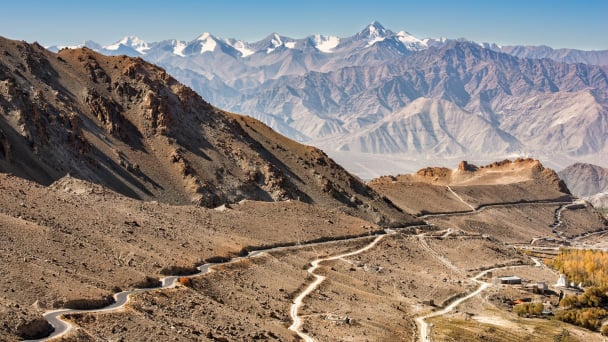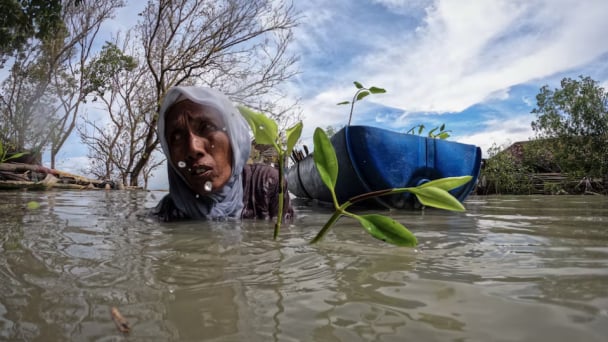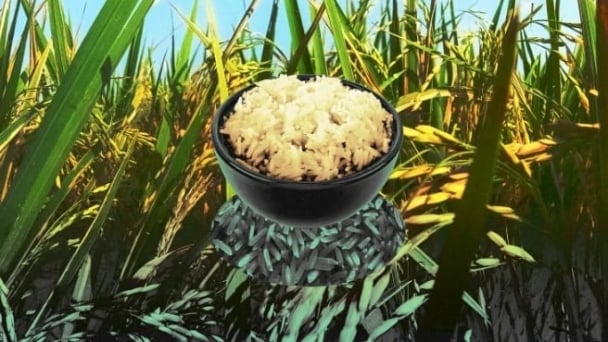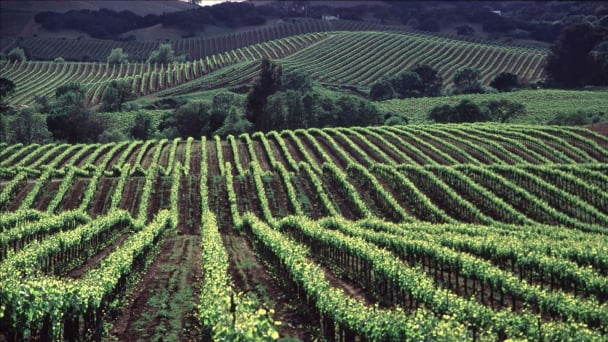May 4, 2025 | 06:41 GMT +7
May 4, 2025 | 06:41 GMT +7
Hotline: 0913.378.918
May 4, 2025 | 06:41 GMT +7
Hotline: 0913.378.918
The companies said in bourse disclosures that increased consumption-driven pressures on the natural gas network led to fluctuations in supply. Some cited high temperatures as a reason for the disruption, as more gas was used for power generation.
On Tuesday, a joint statement by the petroleum and electricity ministries announced an extension of rolling power cuts across the country for an extra hour to allow for preventative maintenance on its regional gas and power networks, and because of increased consumption caused by a heatwave.
Temperatures rose to between 38-40 degrees Celsius (100.4°F) across Egypt on Tuesday and Wednesday and are expected to rise further on Thursday and Friday.
Egypt Kuwait Holding (EKHO.CA), opens new tab (EKH), Misr Fertilizers Company (MFPC.CA), opens new tab (MoPCO), and Abu Qir Fertilizers and Chemical Industries said they were shutting down plants for 24 hours until network pressure stabilised.
Egyptian Chemical Industries Corp (EGCH.CA), opens new tab (KIMA), Sidi Kerir Petrochemicals Co. (SKPC.CA), opens new tab also announced closures, but did not give a timeline.
Supplies of the natural gas that helps Egypt generate electricity have been dwindling at a time when an expanding population and urban development have been pushing up electricity demand. When temperatures rise, air conditioning use drives up power consumption.
Scheduled power outages began in Egypt last summer, coming as a shock to Egyptians accustomed to years of reliable power supplies under President Abdel Fattah al-Sisi.
The government said they would be temporary but the load shedding continued after temperatures dipped. After a pause earlier this year for the holy month of Ramadan, when many Muslims fast during daylight hours, two-hour daily cuts resumed.
(Reuters)

(VAN) The central authorities, in early April, released a 10-year plan for rural vitalization.

(VAN) Viterra marked a significant milestone in its carbon measurement program in Argentina, called Ígaris, reaching 1 million soybean hectares measured.

(VAN) Minnesota study adds to growing evidence of human-accelerated erosion, which could jeopardize agriculture.

(VAN) QU Dongyu addresses International Conference of the Global Mountain Dialogue for Sustainable Development in Kyrgyzstan.

(VAN) Rising sea levels are becoming a real threat in Indonesia. On Java island, a woman keeps planting mangrove trees to protect her home from the sea.

(VAN) Warmer temperatures and more carbon dioxide will boost levels of arsenic, a dangerous heavy metal, according to new research.

(VAN) California's $59 billion agriculture industry faces serious disruption as the U.S. clashes with China - one of the state's major export markets.